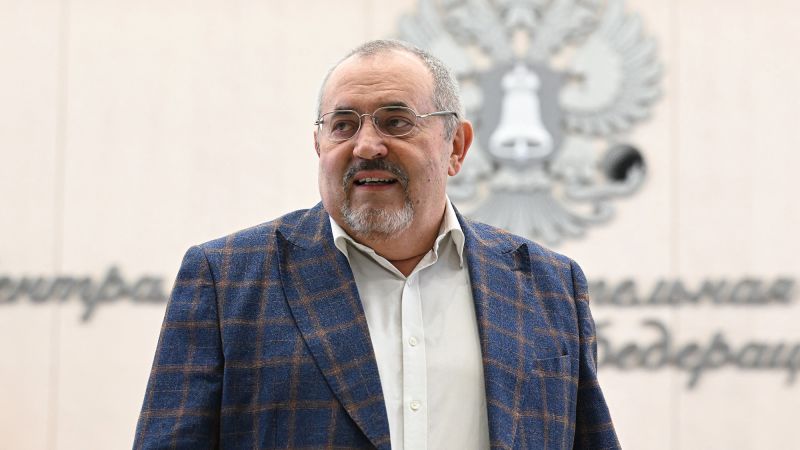
Putin’s Rival: Anti-War Russian Candidate Blocked from Challenge in Election
The Implications of the Russian Anti-War Election Candidate Being Barred From Running Against Putin
As the Russian electoral landscape continues to evolve, a recent incident involving a prominent anti-war election candidate has sparked both domestic and international controversy. This particular candidate, known for his outspoken opposition to the ongoing conflicts and Russia’s global aggressiveness, has been officially barred from running against the incumbent president, Vladimir Putin. This development has significant implications for Russian politics, civil liberties in the country, and global geopolitical dynamics.
The barring of the anti-war candidate is not an isolated occurrence. Rather, it is part of a broader pattern of restricting opposition voices in the political arena. Over recent years, various instances of censorship, suppression, and various forms of retaliation against anti-establishment figures have been pervasive in Russia’s political climate. The recent barring is the latest in a succession of such occurrences where dissenting voices are subdued, further consolidating the position of the current regime. This is a worrying indicator of the state of democracy and civil liberties in Russia.
From a pure political viewpoint, this banning has major repercussions on the competition in the upcoming elections. It eliminates a critical anti-establishment voice with a contrasting policy standpoint, thereby drastically reducing the range of choices available to the electorate. It also further secures Putin’s position, as the exclusion of a potential threat implies a higher likelihood of him winning the elections. Moreover, it reinforces the belief that the elections may not be fought on a level playing field, consequently raising questions about their overall credibility.
The anti-war candidate’s elimination from the race also conveys a strong message about Russia’s position on war and peace. His barring is indicative of the prevalent acceptance and promotion of aggressive foreign policies within Russia’s governance structures. It signals the likelihood of the continuation of a similar stance in the foreseeable future, thereby raising international security concerns.
Furthermore, the international community’s reaction to this development is crucial. Countries around the world, especially Western democracies, have condemned the barring of the anti-war candidate. They have called for fair political practices in Russia, emphasizing the necessity for political plurality and free speech. The incident has also re-emphasized the ideological differences between Russia and the West, further exacerbating pre-existing tensions.
The barring of the anti-war candidate also sends a concerning message for prospective Russian opposition figures. It signifies a harsh political climate that suppresses dissenting views, which can discourage potential future opposition candidates. Furthermore, this move could stoke internal civil unrest, as it has

